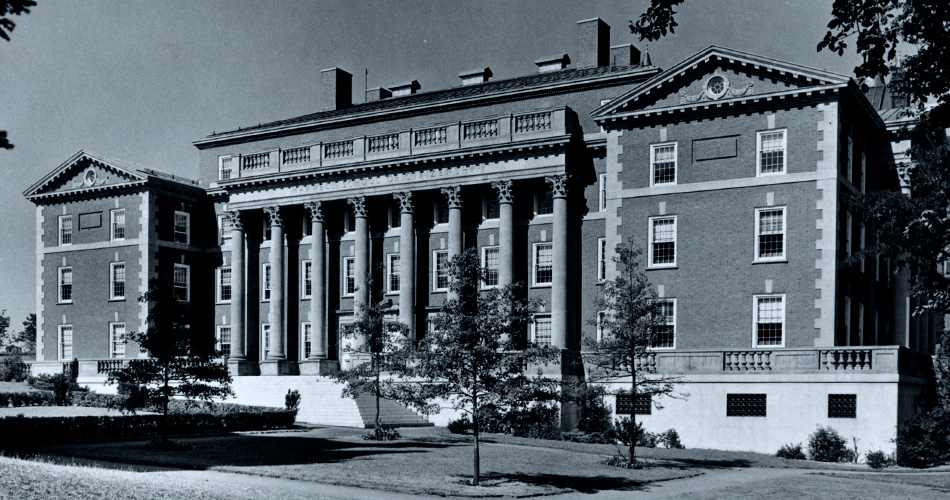Nicola Di Cosmo: Environmental Crisis and Political Economy in the Early Manchu State
Virtual
Add to: Outlook, ICal, Google Calendar
The Moynihan Institute's East Asia Program presents Nicola Di Cosmo from Princeton University.
How a small people of shepherds and hunters managed to invade, conquer and then rule China for over two hundred and fifty years is still a mystery. Much has been said about the fall of the Ming dynasty, but how did the Manchus become a contender (and the final winner) in the contest for succession? Diverging from a traditional focus on both the Ming crisis and Manchu military prowess, this talk examines interlocking aspects of natural disasters, trade, and agricultural development to explain key aspects of the expansion and consolidation of the early Manchu state from 1600 to 1620.
Nicola Di Cosmo is Henry Luce Foundation Professor of East Asian Studies at the Institute for Advanced Study (Princeton University). He has a Ph.D. in Uralic and Altaic studies from Indiana University and has held positions at Cambridge, Harvard and the University of Canterbury (New Zealand). He has published several authored and edited volumes dealing with the history of the relations between China and Inner Asia from the first millennium BCE to the early modern period. His current work focuses on the connections between climate, environment and politics in the history of steppe empires.
Category
Social Science and Public Policy
Type
Talks
Region
Virtual
Open to
Public
Cost
Free
Organizers
MAX-East Asia Program, MAX-Moynihan Institute of Global Affairs
Accessibility
Contact Matt Baxter to request accommodations

We’re Turning 100!
To mark our centennial in the fall of 2024, the Maxwell School will hold special events and engagement opportunities to celebrate the many ways—across disciplines and borders—our community ever strives to, as the Oath says, “transmit this city not only not less, but greater, better and more beautiful than it was transmitted to us.”
Throughout the year leading up to the centennial, engagement opportunities will be held for our diverse, highly accomplished community that now boasts more than 38,500 alumni across the globe.